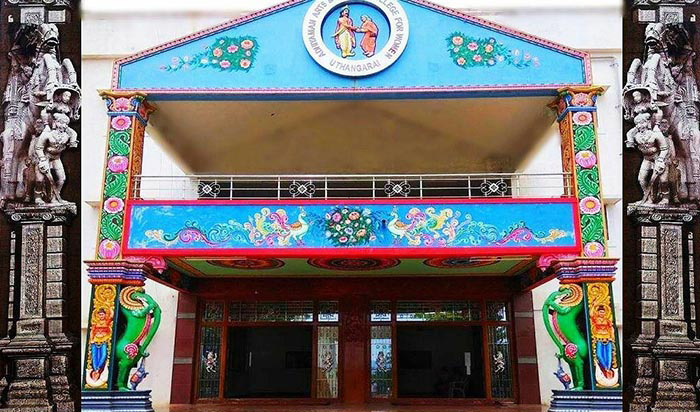Many Asians are navigating life in the United States with a exceptional set of challenges. They will navigate relationships shaped by their Asian identity and American culture; family goals versus their particular views regarding representation and politics; as well as the sophisticated intersection with their ethnic background, cultural historical, and Americanism.
The prevailing “model minority” fable lauds Asians for being hard-working, economically successful, and submissive to authority : but the underlying assumptions are flawed. This promotes an elitist and narrow view of success that ignores the fact that many Asians face splendour on a daily basis, if in dating an azerbaijani woman the form of verbal microaggressions or violent hate crimes.
Asians are also disproportionately excluded from romantic involvement. Equally structural and cultural details have already been offered because of this disparity, including the proven fact that higher socioeconomic position automatically makes one a desirable mate; exploration on the emasculation of Cookware men; and studies showing that Asians are systematically excluded from internet mate markets.
This gap in engagement is usually compounded by societal limitations to intercultural couples, https://www.sortiraparis.com/en/what-to-visit-in-paris/exhibit-museum/articles/274087-parisiennes-citoyennes-the-exhibition-about-women-s-empowerment-at-paris-musee-carnavalet especially interracial ones. Additionally it is exacerbated by fact that Asians quite often struggle to communicate affection in their relationships. For example , in the film Romeo Must Die, a remake of Romeo and Juliet starring Jet Li and Aaliyah, the business lead characters do not ever kiss despite their noticeable romantic connection. This is largely because interracial friendships are taboo among many Asian families, who fear that biracial children will dilute all their lineage and tradition.




